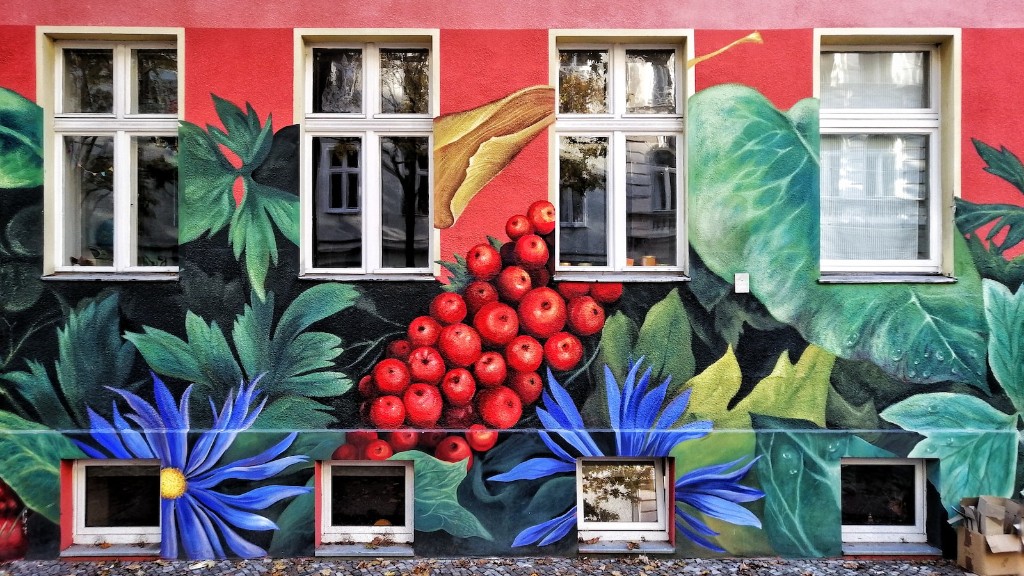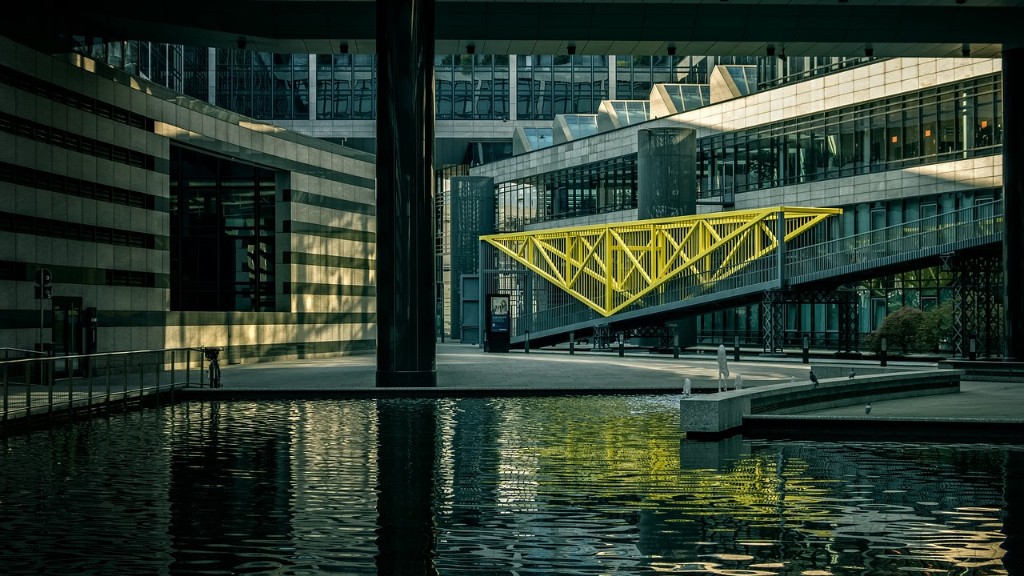Background Information on Frankfurt
Frankfurt am Main is the biggest city of the German state of Hesse. It stands on the River Main, and is the fifth-largest city in Germany, with a population of more than 730 thousand people. The city is a major international banking metropolis, and as a result is one of the world’s most important financial centers. Frankfurt is also home to the European Central Bank, the German Stock Exchange and several other major financial institutions. It is the center of a metropolitan region of over three million people, the Rhine-Main Metropolitan Region, which consists of the city of Frankfurt and several other neighboring towns.
Countries Near Frankfurt Germany
The city of Frankfurt lies in the center of western Germany, close to the country’s borders with other European nations. It shares its border with France in the west, Luxembourg in the southwest, Belgium in the northwest, and the Netherlands in the north. Across the Rhine River to the east lies the German state of Rhineland-Palatinate. To the south, across the Main River, lies the state of Bavaria, and to the southeast, the state of Baden-Württemberg. Frankfurt’s immediate neighbors to the west include Darmstadt, Offenbach and Mainz, in that order.
Historical Context and Changing Borders
The region around Frankfurt has seen shifting national borders multiple times over the course of its history. The city itself has changed hands between different countries and states many times. The areas that now form the modern state of Hesse were once part of the Electoral Palatinate and the Archbishopric of Mainz. In 1792, the Rhineland-Palatinate was divided between the French and the Austrians, with most of the Rhineland-Palatinate becoming part of the French-run zone known as the Rheinbund.
The end of the Napoleonic Wars saw the area become part of the Grand Duchy of Frankfurt, which was dissolved in 1816 and its territories divided between Prussia, Austria and the Kingdom of Bavaria. After the German Empire was established in 1871, Frankfurt and its surrounding region became part of the Prussian-administered province of Hesse-Nassau. The 1919 Treaty of Versailles saw the region being annexed by the Free State of Prussia in 1920. It was only in 1945, when Prussia was abolished, that the state of Hesse was established, with its capital at the city of Frankfurt am Main.
Cultural Influences
The close proximity of Frankfurt to countries and regions with distinct cultural traditions has had a major influence on its cultural and artistic landscape. The region has been a crossroads for centuries, where different peoples and cultures have met, interacted with each other, and exchanged ideas. This eclectic mix has had an influence on the city’s architecture, literature, music, theater, and other forms of artistic expression.
One of the most prominent examples of this is the city’s distinct cuisine, which has been heavily influenced by French and Dutch cooking styles. Moreover, there is an increasing number of German-speaking immigrants living in Frankfurt from countries such as Turkey, Russia, Greece, and Poland, all of whom bring their own distinct culinary influences and traditions.
Transportation Connections
The international location of Frankfurt makes it an important gateway for European transportation connections. The city has the second-busiest airport in Europe and one of the world’s busiest, with flights to destinations both inside and outside the continent. Moreover, Frankfurt is home to a major railway hub, which serves as a major transit point between different European cities. Finally, Frankfurt is connected to many of its neighboring cities, states, and countries by an extensive network of motorways and highways.
Economic Benefits for the Region
The close proximity of Frankfurt to other countries and regions has also been a major boon for the city’s economy. As an important trading and manufacturing center, Frankfurt is able to take advantage of the easy connections to surrounding markets to buy materials from other countries, as well as export its products to them. Furthermore, the numerous financial institutions that are headquartered in the city are able to take advantage of the close access to other European countries to conduct business.
The economic opportunities that Frankfurt is able to take advantage of in its immediate vicinity have helped bring the regional economy to a higher level, resulting in increased employment and income for residents in the region. Today, the city is an important part of the European economy, and its connections to other countries are only likely to become more crucial in the future.
A Cultural Hotspot
The close proximity of Frankfurt to other countries has also helped to promote its emergence as an important cultural center for Europe. The city has become a major destination for art lovers, with many high-profile museums and galleries hosting a wide variety of exhibitions. The abundance of international influences in the city has also resulted in a wealth of unique cultural events, ranging from dance performances to music festivals and other live shows.
Frankfurt also has a bustling nightlife, with dozens of bars, clubs, and music venues scattered throughout the city. There are also plenty of restaurants and eateries, catering to a variety of cuisines and tastes. Moreover, the city has an extensive public transportation network, so it’s easy to get around to experience all that Frankfurt has to offer.
The Importance of Frankfurt’s Neighbors
The countries that neighbor Frankfurt are some of the most important contributors to the city’s success. They provide access to a vast market of potential customers, and the opportunity to buy materials from other countries to produce products for sale. Furthermore, they have helped to create an exciting cultural atmosphere in Frankfurt, as well as a cosmopolitan population. Finally, they have helped to ensure the economic success of the region by providing a variety of trade and financial opportunities.
Frankfurt’s proximity to other European countries has thus played an invaluable role in its success. By providing easy access to markets, materials, and culture, it has enabled the city to become a major economic and cultural hub.


